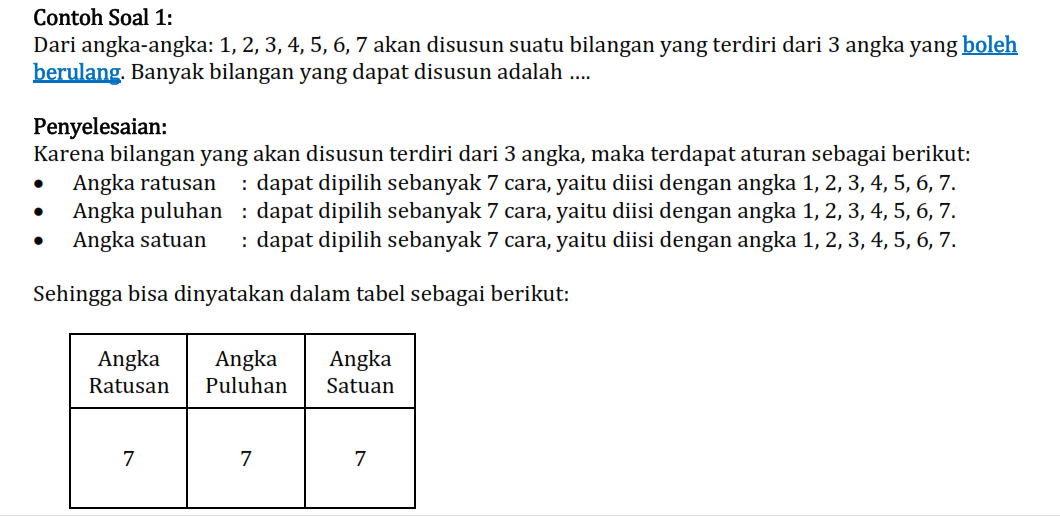
We clarify particular aspects of a set-oriented perspective that were productive for students, and we demonstrate that tasks that asked students to name a specific outcome in their list elicited meaningful connections between counting processes and sets of outcomes. In this paper, we investigate tasks where students wrote computer code to enumerate the set of outcomes in a specific order by implementing listing processes, and they were then asked to determine a specific numbered outcome in their list by using the structure of their enumeration scheme.

Yet, reasoning about sets of outcomes is not sufficient for students to make connections between outcomes and counting processes. From a set-oriented perspective, one possible type of intervention is to have students focus on the sets of outcomes rather than formulas and expressions, and specifically to reason about the structure of the set of outcomes. A set-oriented perspective (Lockwood, 2014) is a way of thinking about counting problems that emphasizes the importance of reasoning about the set of outcomes being counted. Research has shown that solving counting problems correctly can be difficult for students at all levels, and mathematics educators have sought to identify strategies and interventions to help students reason conceptually about combinatorial tasks. We suggest some aspects that need to be accounted for in the design of tasks, searching to support a deeper understanding of the formulas for combinations, and we offer some thoughts on possible details that may be added to Lockwood's model.

Yet, a strong relationship seems to exist between counting processes and the formulas/expressions that translate the answers to the tasks. The results corroborate the relationships described in Lockwood's model. Data were collected through direct observation, videotaped lessons and several documents. Students worked in challenging and contextualized tasks in an inquiry-based teaching approach.

Supported on the premises of Realistic Mathematics Education and on Lockwood's model for students' combinatorial thinking.

In this paper, we share the results of a teaching experiment involving a class of thirty-one 12 th graders (17-18 years-old), in northern Portugal, for 12 lessons of 90 minutes each, aimed at engaging them in the guided reinvention of the formulas for the basic combinatorial operations, focusing on combinations.


 0 kommentar(er)
0 kommentar(er)
